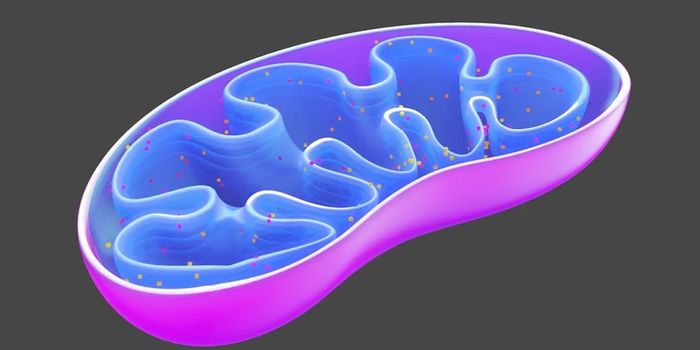Omicron Can't Dodge T Cells
The Omicron variant was first reported in November 2021. More recently, a surge of infections worldwide has led to widespread concern around how easily the variant spreads and how it can evade vaccines, immune defenses, and antibody-based COVID treatments.
Omicron’s ability to sidestep pandemic countermeasures results from its many mutations. Scientists have identified over 30 mutations in the region encoding the spike protein of SARS-CoV-2, which could explain why the efficacy of antibodies targeting earlier variants has begun to wane.
Now, researchers are interested in understanding other immune system elements that are impacted by Omicron infections. Interestingly, they’re finding that while antibodies may be losing their potency, T cell responses have remained effective against Omicron.
T cell antiviral responses have been somewhat overlooked over the course of the pandemic, but they can limit the risk of COVID symptoms escalating. They can recruit other immune cells and kill cells that have been infected by viruses. Interestingly, T cell responses stay elevated long after antibody levels have naturally tapered off. Moreover, T cells recognize larger target areas on the spike protein, meaning that they can still evoke a robust response even in the presence of mutations.
Several studies have released findings supporting the hypothesis that T cells can still recognize and neutralize Omicron. Data from lab-based assays and computational analyses found that most known T cell recognition sites on the spike protein have remained unchanged in Omicron.
In addition, scientists analyzed T cells from vaccinated individuals, and those that have recovered from COVID can produce strong responses to Omicron.
With more variants of SARS-CoV-2 likely to emerge in time, researchers are taking a closer look at how they can harness T cell activity to prevent the onset of severe symptoms.









